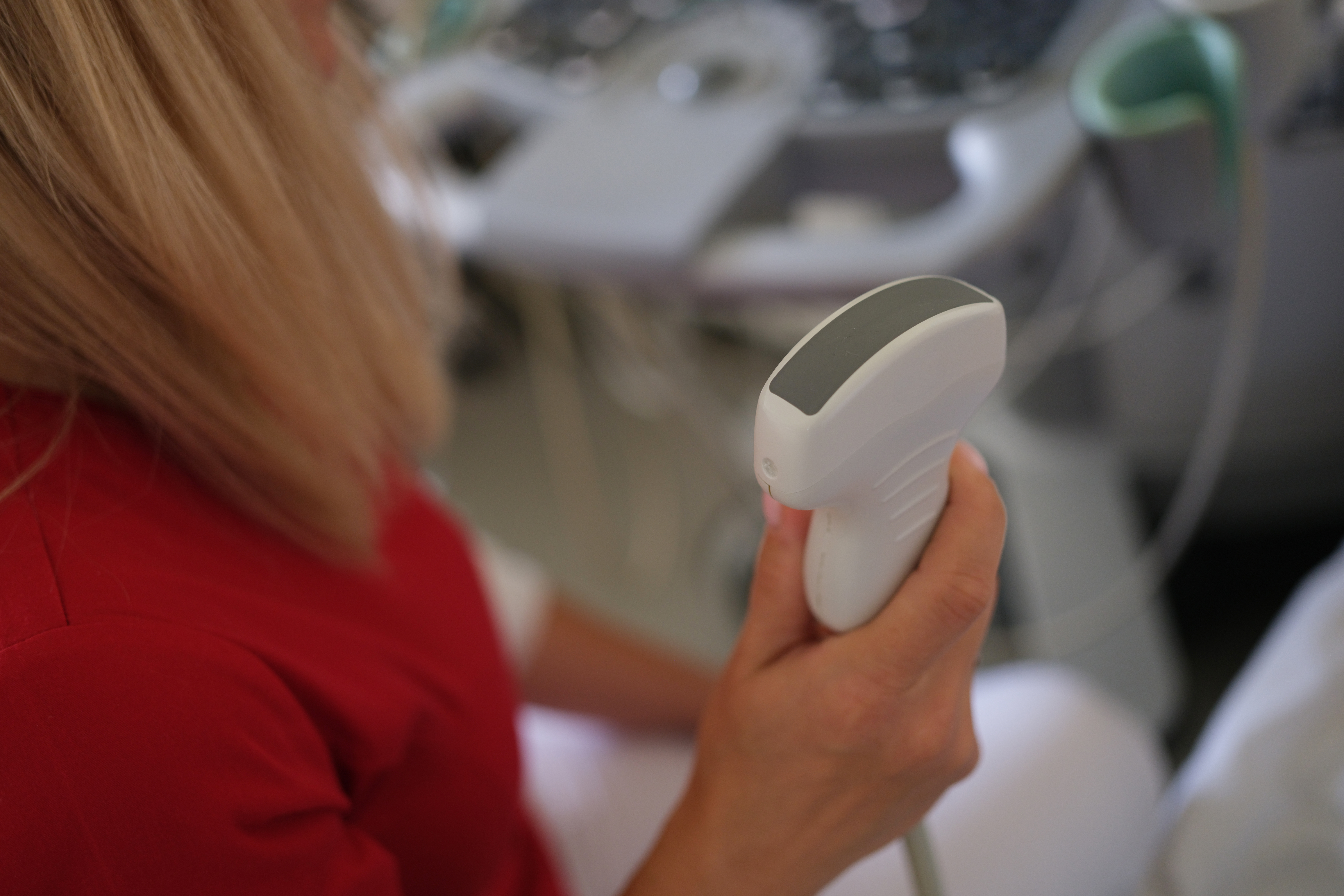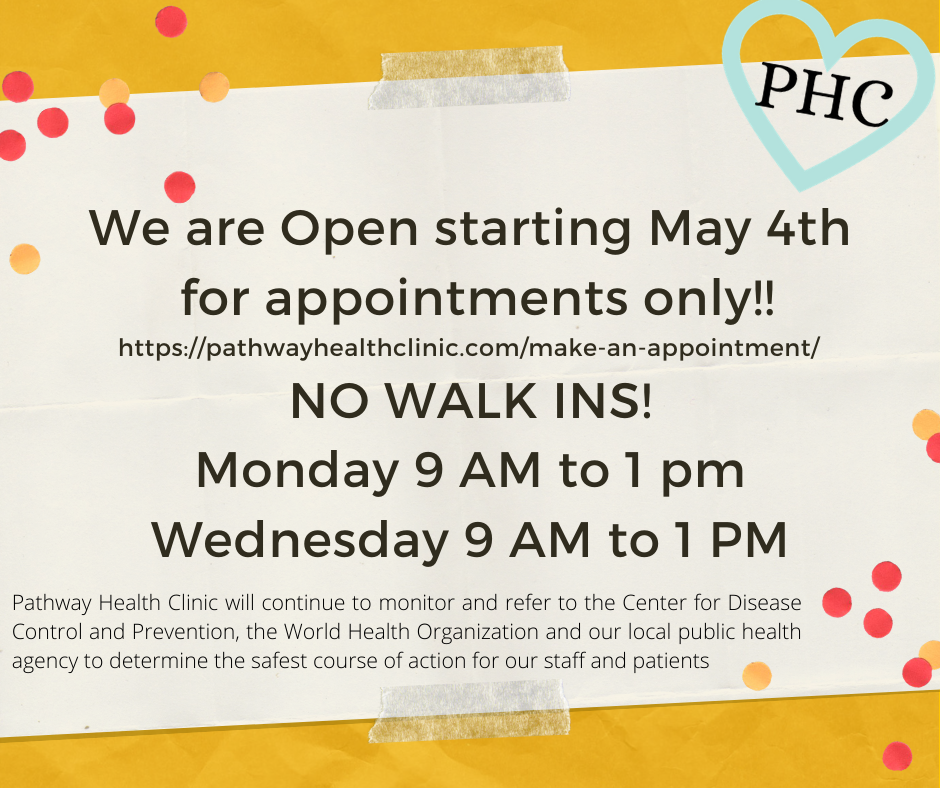Life can throw challenges at us that feel overwhelming, whether it’s stress, anxiety, or struggles in our relationships. If you’re searching for a way to navigate these difficulties, therapy might be the answer you’ve been looking for.
At Pathway Health Clinic, we provide therapy in Vista, CA, offering a safe and supportive space for individuals and couples to heal, grow, and thrive. Whether you’re seeking personal growth or working to strengthen your relationship, our compassionate approach to couples therapy and individual therapy can help you find clarity and peace.
What Is Therapy?
Therapy is a process where you work with a trained professional to explore your thoughts, feelings, and behaviors in a safe, non-judgmental environment. It’s not about “fixing” you—you’re not broken. Instead, therapy helps you understand yourself better, process emotions, and develop tools to handle life’s challenges.
Whether you’re dealing with anxiety, depression, trauma, or just feeling stuck, therapy can guide you toward a healthier, more fulfilling life.
How Can Therapy Help Me?
Therapy offers many benefits, including:
- Emotional Clarity: Gain insight into why you feel the way you do and learn to manage overwhelming emotions.
- Improved Relationships: Understand how your thoughts and behaviors impact your connections with others.
- Coping Strategies: Develop practical tools to handle stress, anxiety, or conflict in healthy ways.
- Personal Growth: Reconnect with your strengths and rediscover a sense of purpose.
At Pathway Health Clinic, our therapists are skilled in evidence-based approaches, ensuring you receive high-quality care tailored to your needs. Whether you’re new to therapy or have tried it before, we’re here to meet you where you are.
Why Choose Couples Therapy?
Relationships can be one of life’s greatest joys, but they can also bring challenges. If you and your partner are struggling with communication or trust, couples therapy can help you rebuild a stronger connection.
However, couples therapy isn’t just for relationships in crisis. It’s a powerful tool for any couple wanting to deepen their connection or work through specific issues. Here’s how it can help:
- Better Communication: Learn to express your needs and listen to your partner without judgment.
- Conflict Resolution: Discover healthy ways to resolve disagreements without hurting each other.
- Rebuilding Trust: Address past hurts and work toward a more secure, trusting relationship.
Our therapists at Pathway Health Clinic create a safe space where both partners can share openly. We use proven techniques to help you understand each other’s perspectives and build a stronger, healthier relationship. Whether you’re facing a specific issue or just want to grow closer, couples therapy in Vista, CA, can make a difference.
What to Expect from Therapy at Pathway Health Clinic
Starting therapy or couples therapy can feel like a big step, but it’s easier than you might think. Here’s what you can expect when you work with us:
- A Safe, Confidential Space: Your privacy is our priority. You can share openly without fear of judgment.
- Personalized Care: We tailor our approach to your unique needs, whether you’re seeking individual therapy or couples therapy in Vista, CA.
- Compassionate Support: Our therapists are trained to listen deeply and guide you with empathy and respect.
- Practical Tools: You’ll leave each session with strategies to apply in your daily life, helping you see real progress.
Your first session is a chance to share your story and goals. There’s no pressure to have everything figured out. We’ll work together to create a plan that feels right for you.
Take the First Step Toward Healing
If you’re ready to take control of your emotional well-being or strengthen your relationship, therapy in Vista, CA, at Pathway Health Clinic is here for you. Reaching out for help is a sign of strength, not weakness. Whether you’re exploring therapy for yourself or couples therapy with your partner, we’re here to support you every step of the way.
Don’t let fear or uncertainty hold you back. Contact Pathway Health Clinic today to schedule your first session. Our team is ready to help you find the peace, clarity, and connection you deserve. Discover the difference therapy and couples therapy in Vista, CA, can make in your life.
Therapy and Couples Therapy in Vista, CA
Life is too short to carry emotional burdens alone or let relationship challenges go unresolved. Therapy and couples therapy offer a path to healing and growth. At Pathway Health Clinic, we’re committed to helping you live a more balanced, fulfilling life. Whether you’re in Vista or nearby, our team is here to provide the care you need.
Ready to get started? Visit our website or call us to learn more about therapy and couples therapy in Vista, CA. Take the first step toward a brighter future today.










